
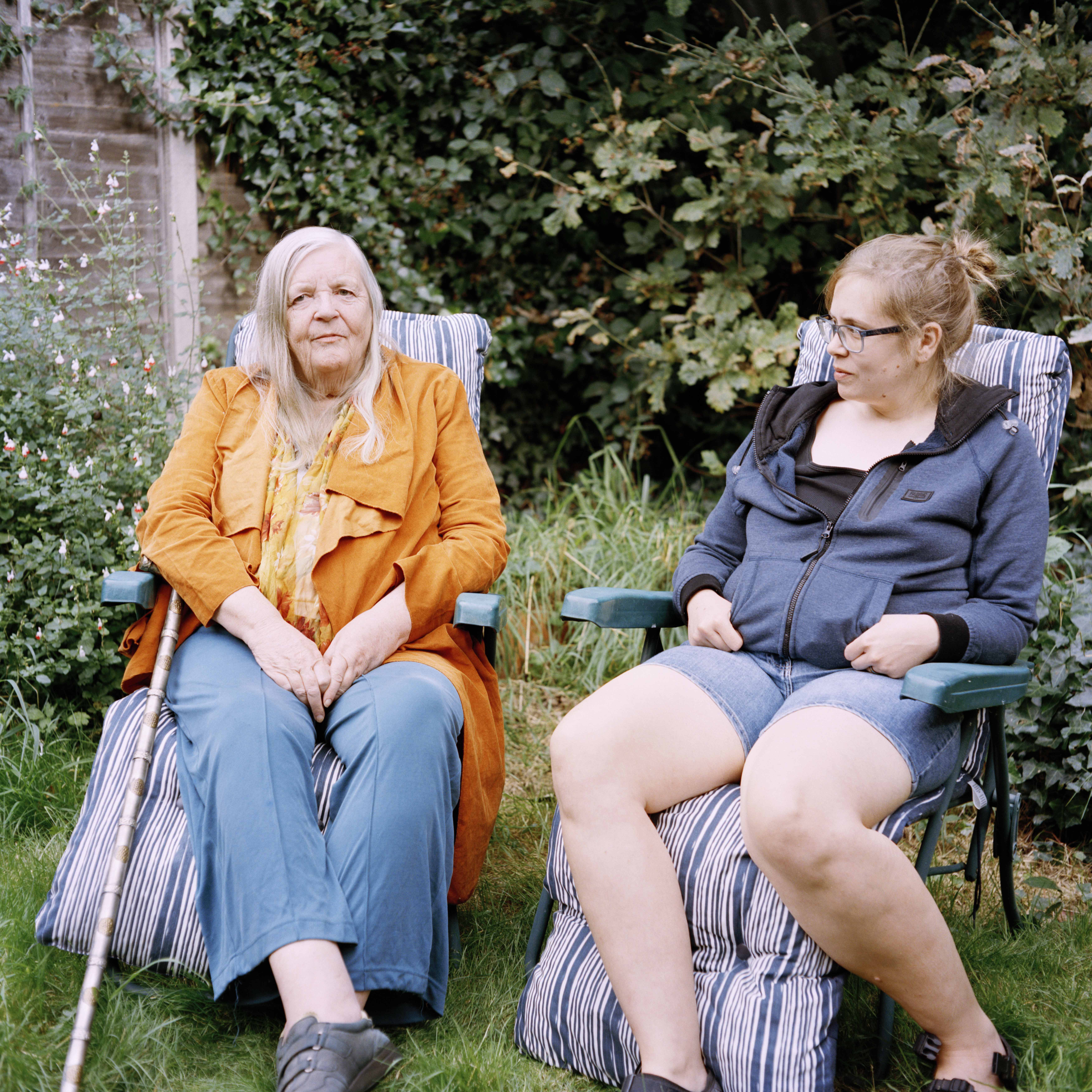




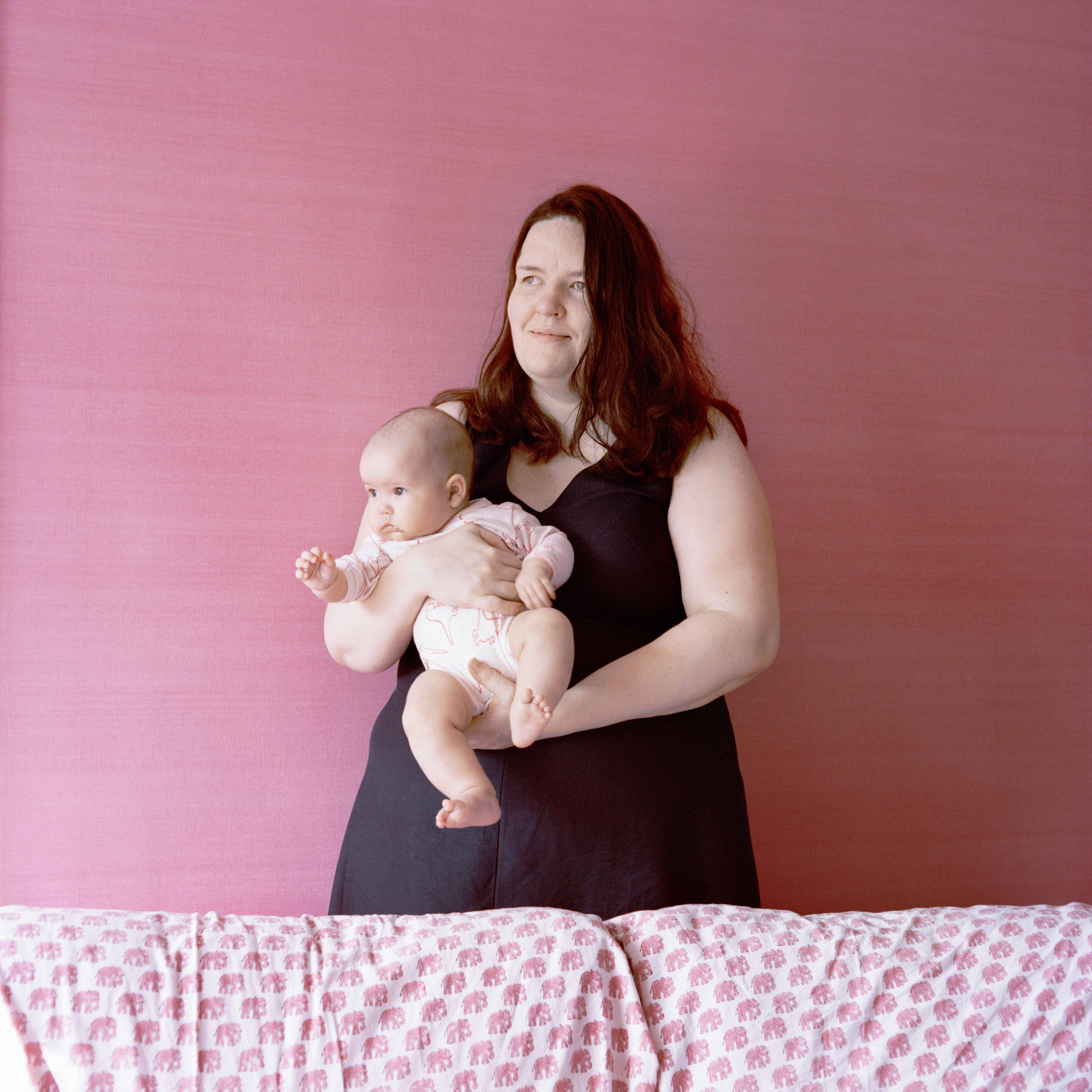
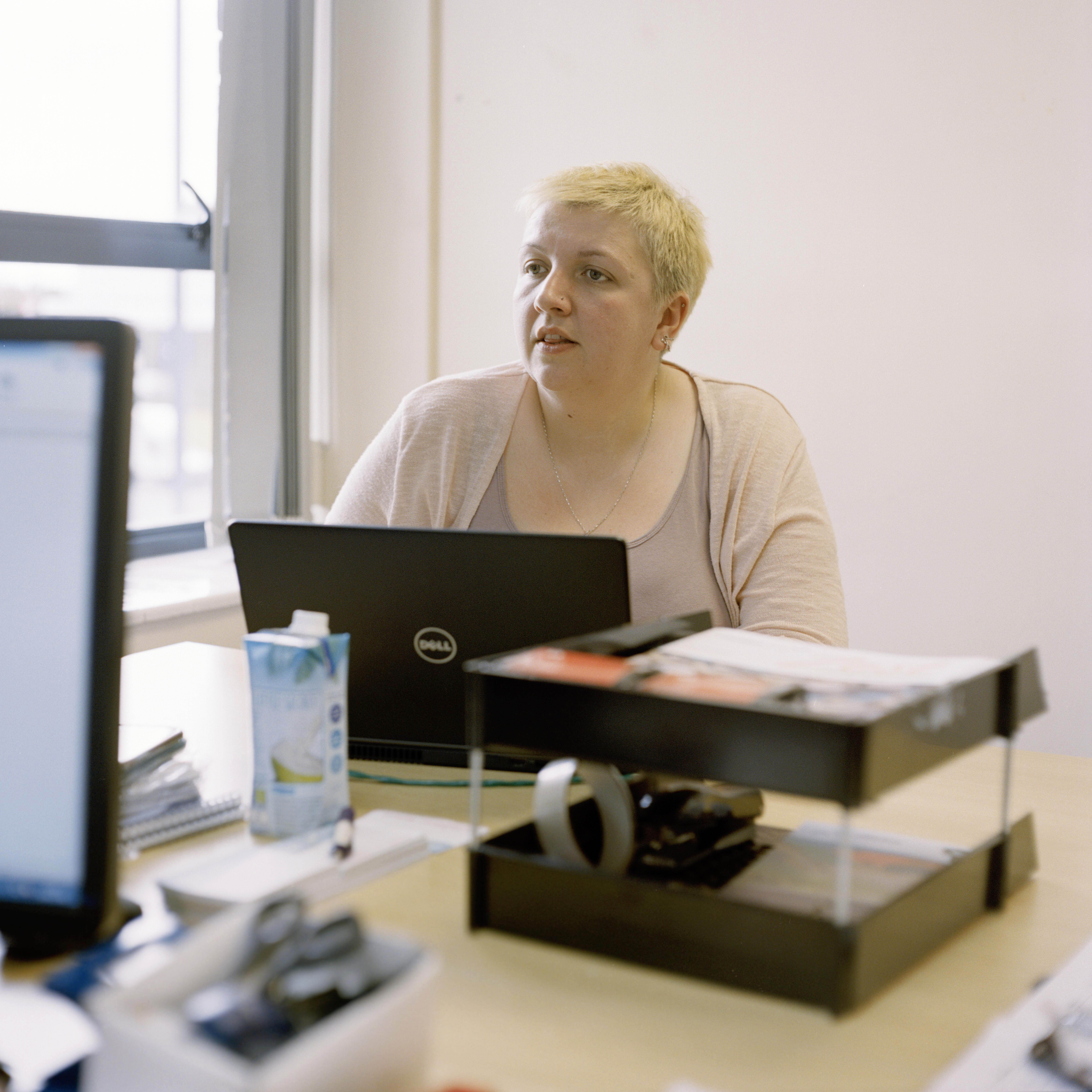




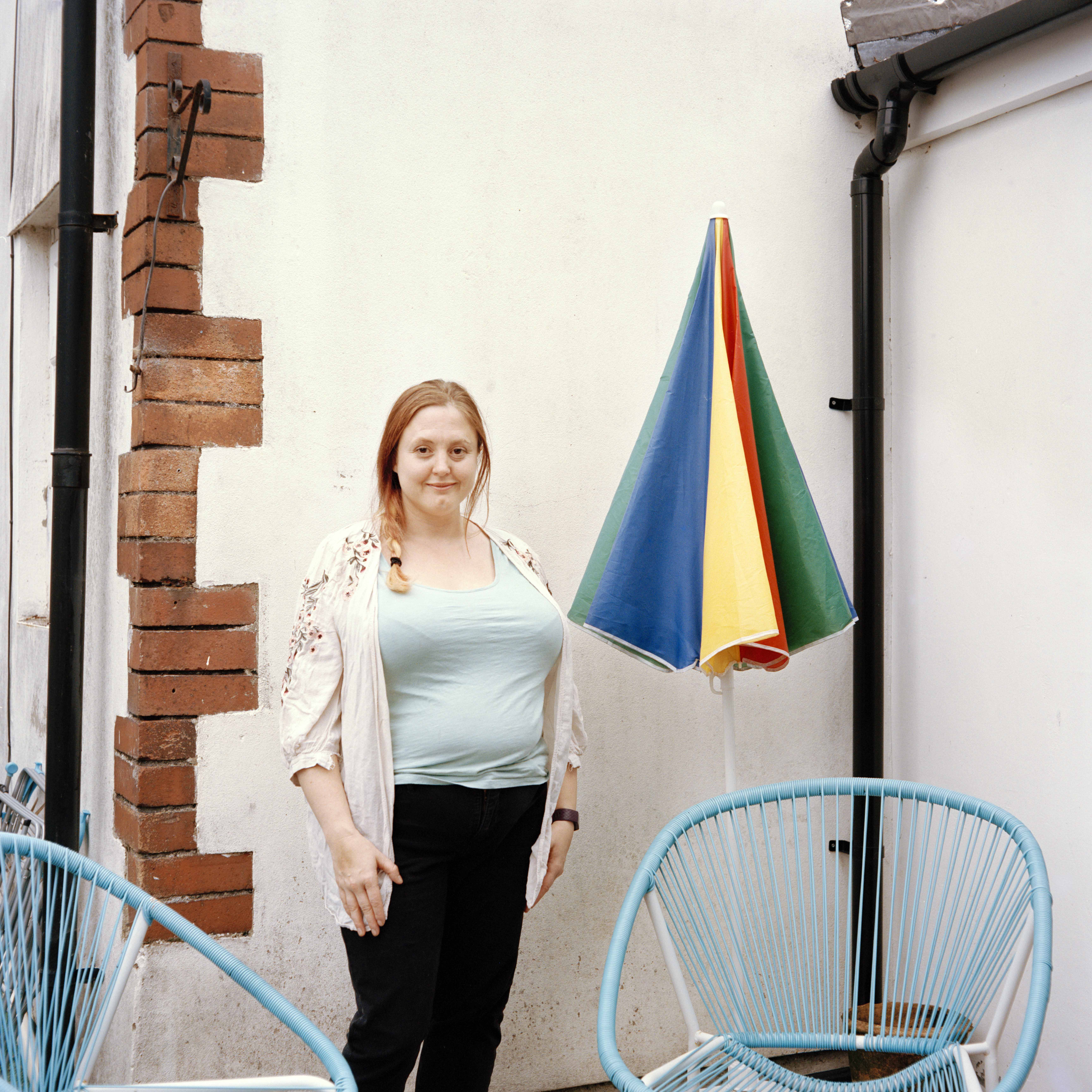

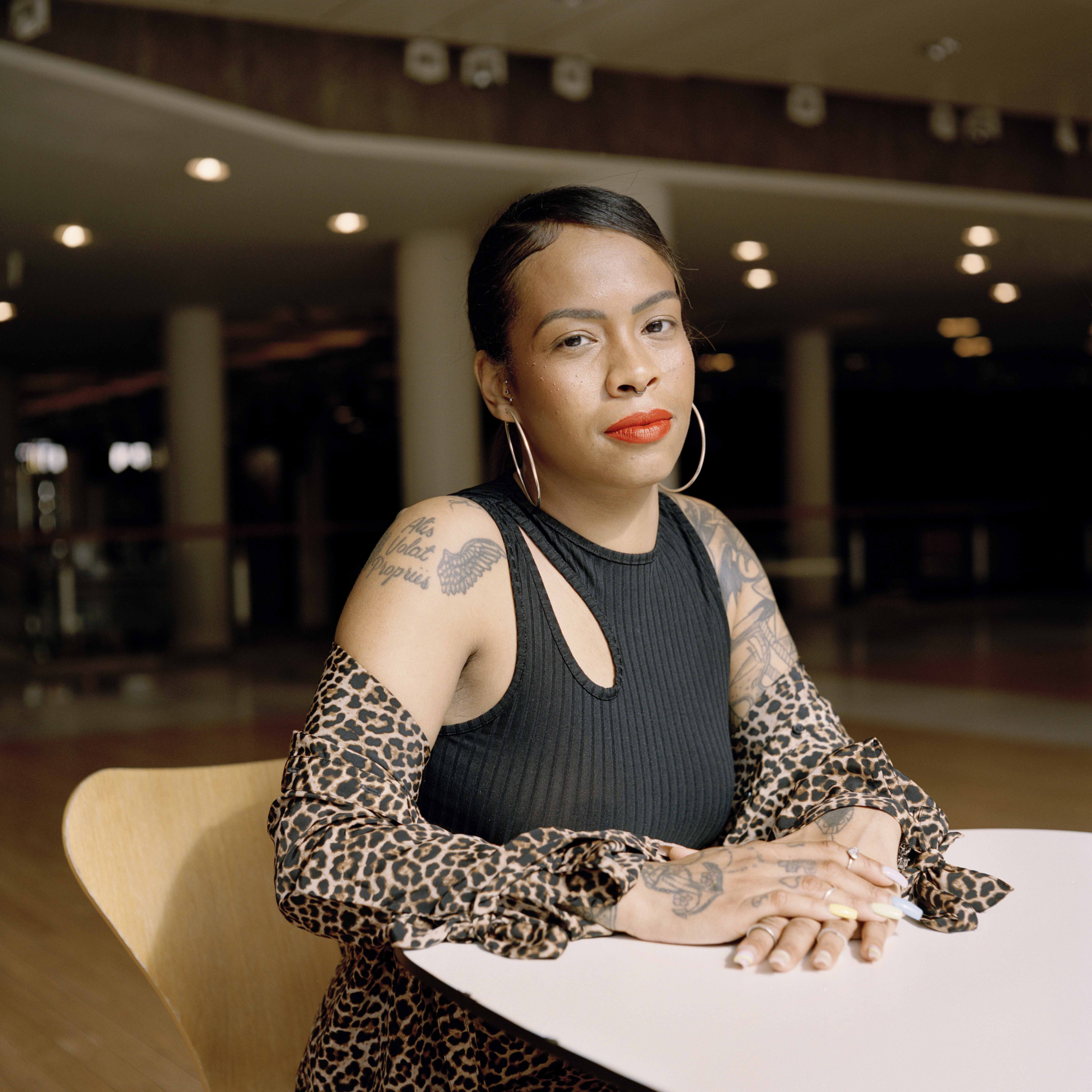
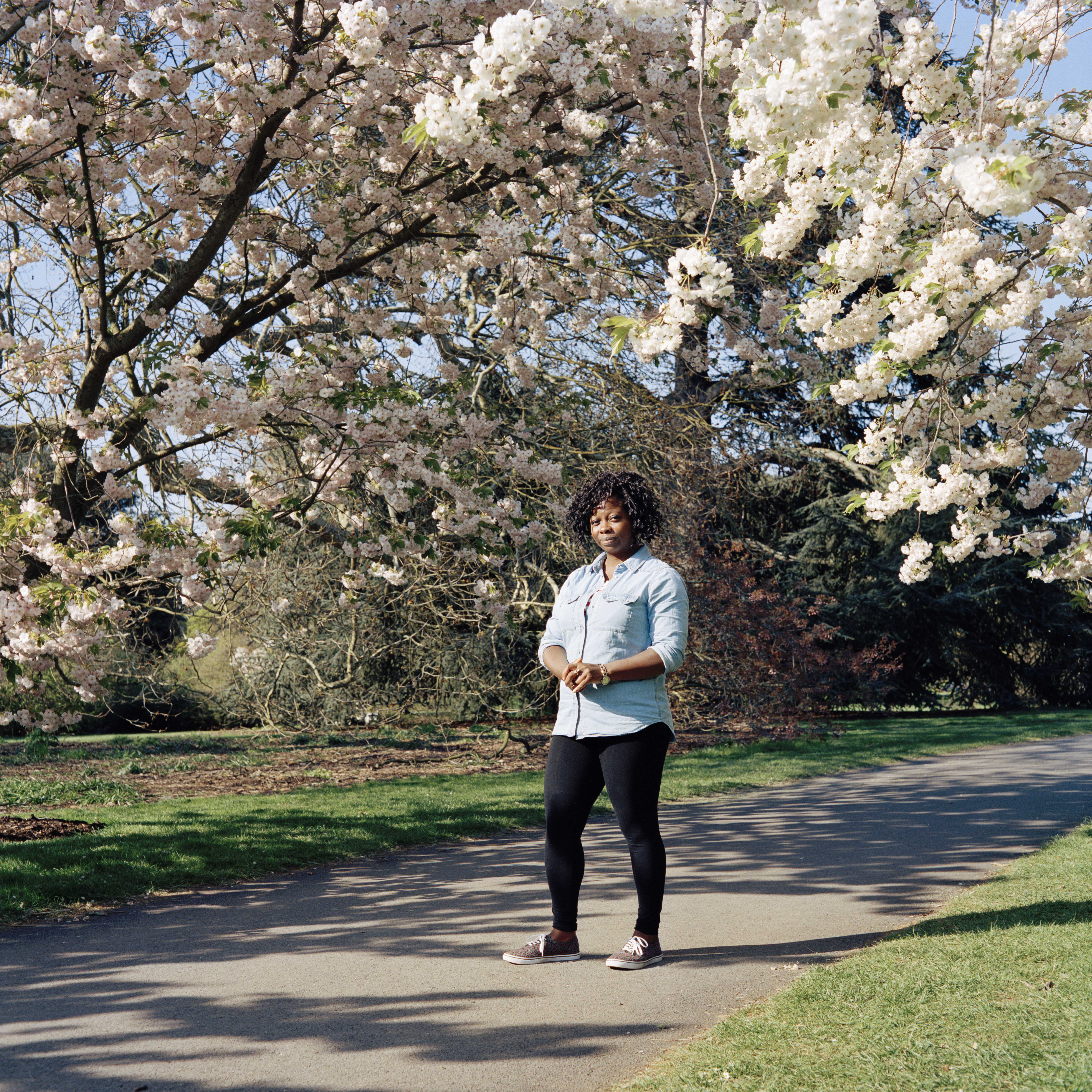



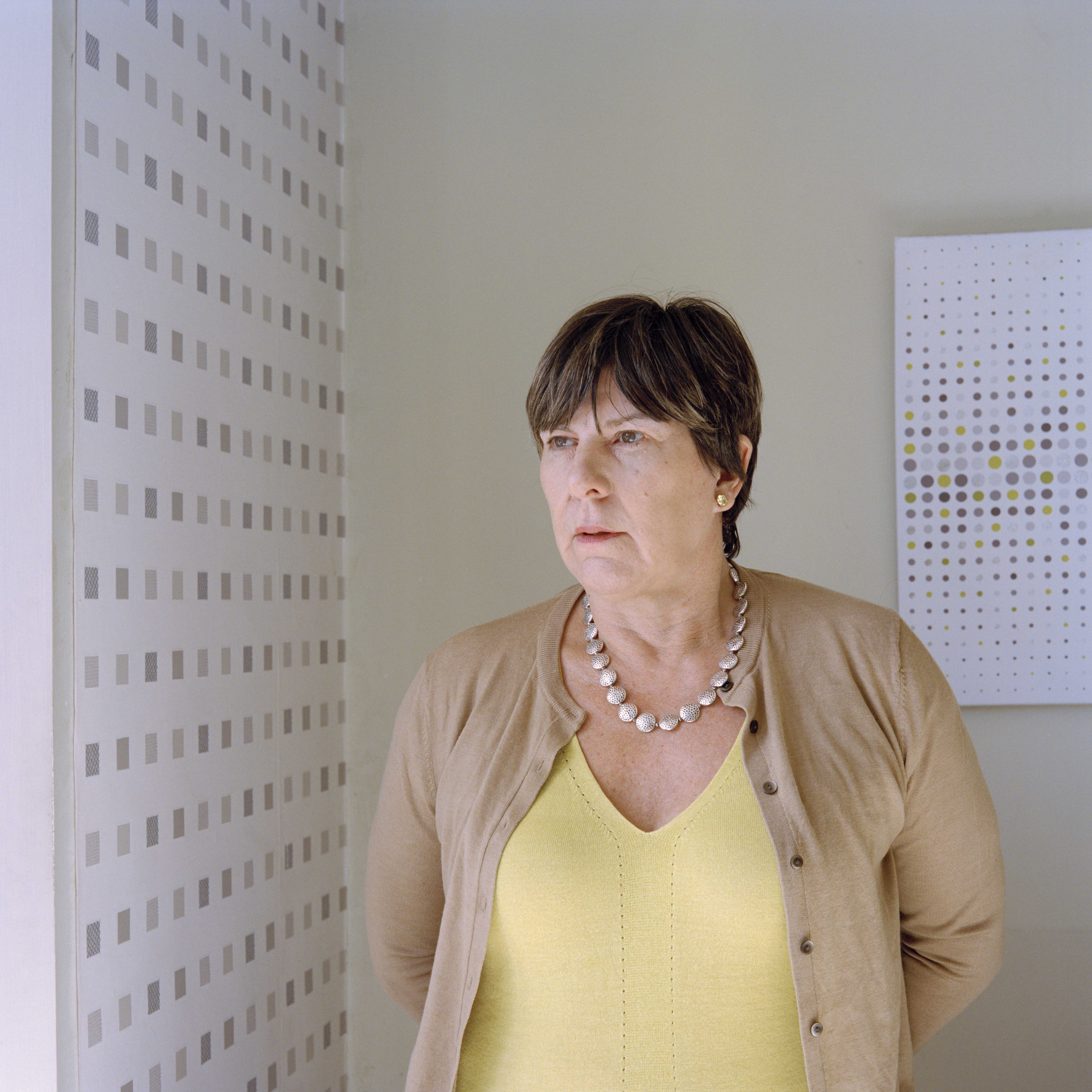
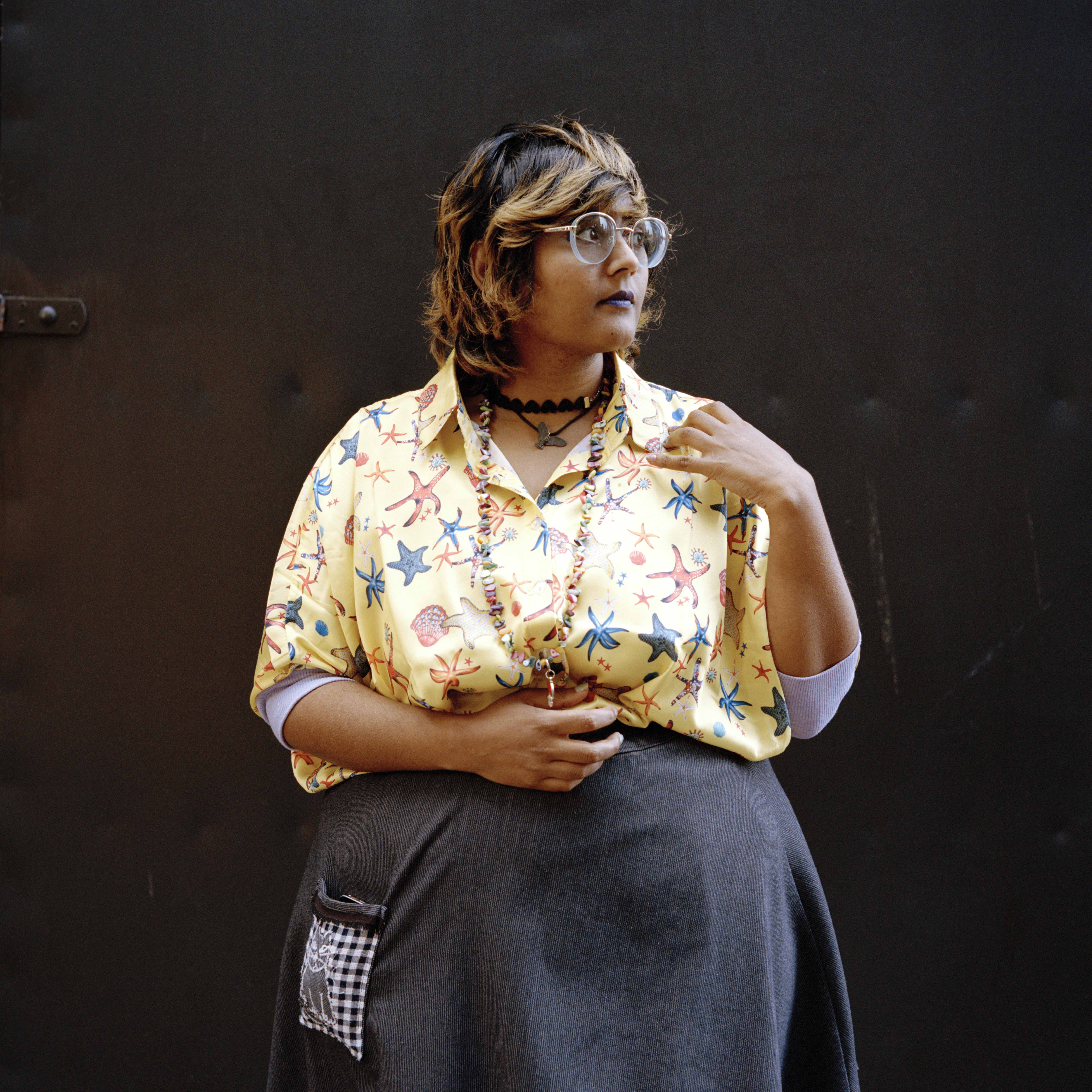
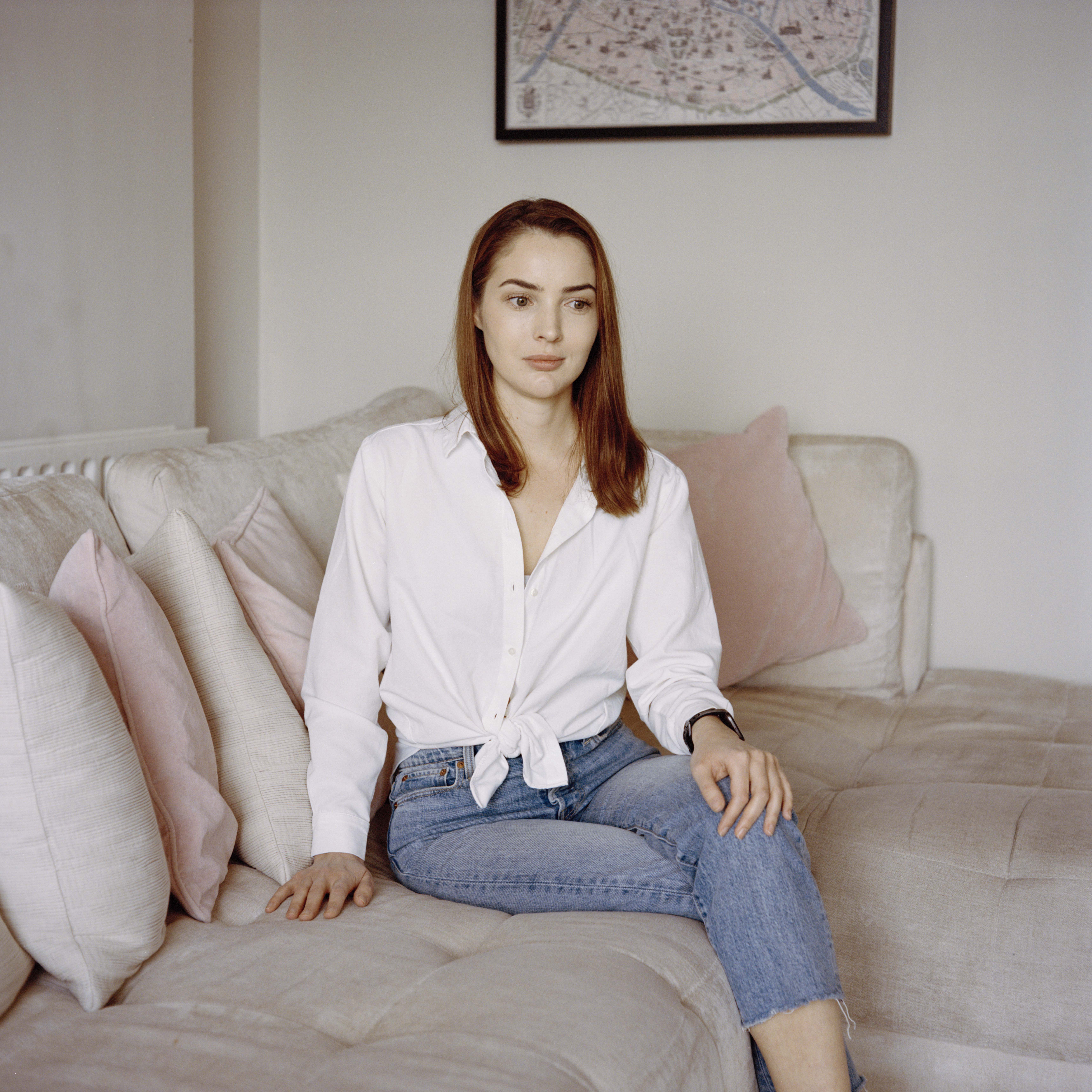

No You’re Not, Yes I Am - a portrait of autistic women
Book available now in my Shop!
I felt this group of women are the least likely to be believed to be autistic. A persistent untruth that autism is rare in women, has meant many women arrive at a diagnosis many years after their male counterparts and their ability to ‘mask’ to fit in throughout their lives, comes at the cost of their mental health. The irony is that their struggles are often greater because of their achievements, often in education and work, meaning they are even less likely to be believed and more likely to be misunderstood.
Wellcome Collection articles:
https://wellcomecollection.org/articles/Yd8L-hAAAIAWFxqa
https://wellcomecollection.org/stories/yes-i-am--voices-of-autistic-women-from-minoritised-communities
Talk at National Galleries of Scotland, Edinburgh 2023:
https://www.youtube.com/watch?app=desktop&v=rmyz5y_5OBM

